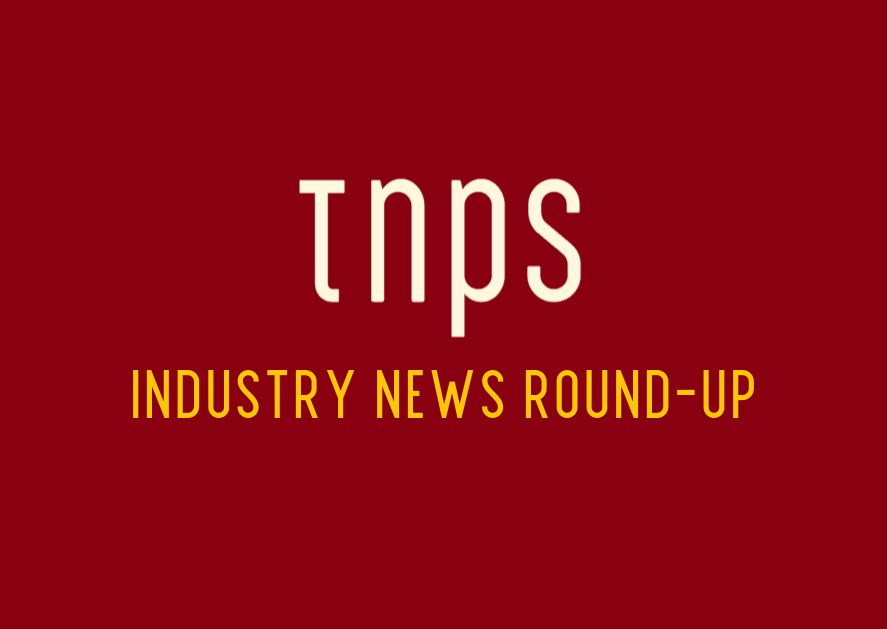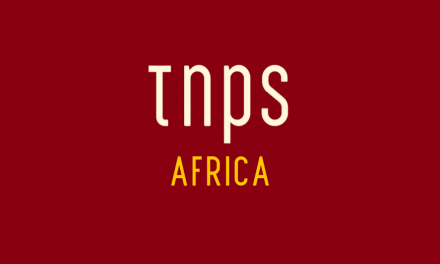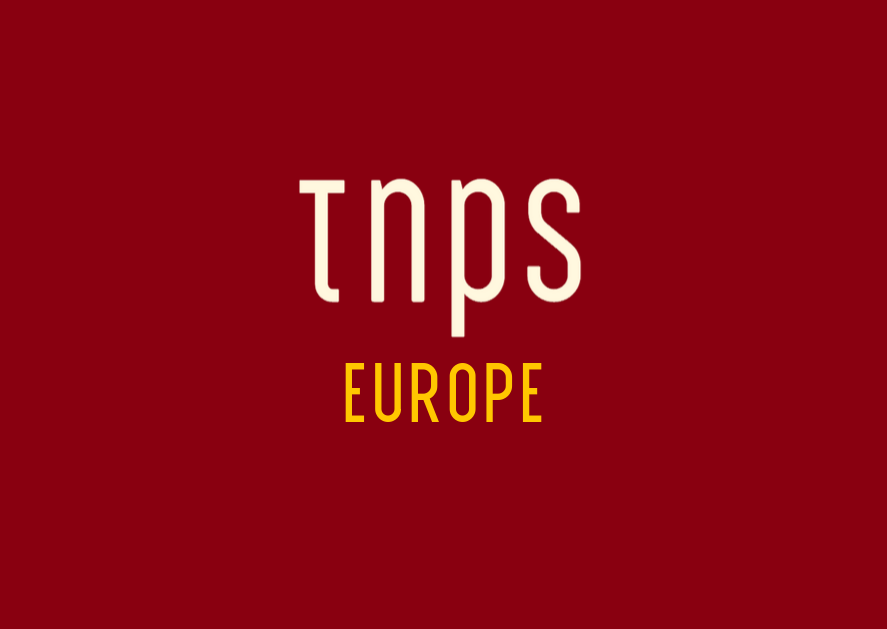Some Amazon critics may have been excited by the opening of Nate Hoffelder’s recent post in The Digital Reader saying Amazon had shuttered five of its retail stores, but it turns out that was just for interior renovation.
That in itself may come as a surprise given the stores have barely had time to gather dust, let alone need renovation, but a bigger surprise comes with Hoffelder’s revelation that Amazon is now putting some books spine-out on the shelves.
Standard practice in most bookstores, of course, but the face-out books layout was one of the defining features of Amazon’s venture into bricks a mortar book retail.
Hoffelder explains:
One of most noteworthy details when Amazon opened its first bookstore was that all the books were displayed with the covers facing out. This went against standard practice and maximized each book’s exposure while at the same time limiting the number of titles Amazon could stock.
That policy has changed.
Hoffelder also reports Amazon is now using e-ink shelf labels.
Read more over at The Digital Reader.
Next to the boycott of Macmillan by some librarians. Over at Publishers Weekly Andrew Albanese takes a look at the defence offered by Macmillan CEO John Sargent.
There was no meeting of the minds, but at least there was a meeting. Just days after Macmillan’s controversial two month embargo on new release e-books in public libraries went into effect, CEO John Sargent met with a delegation of state librarians, standing by his claim that new release e-books in libraries are hurting the publisher’s revenue.
“Mr. Sargent shared with COSLA Macmillan’s concern that e-book sales are rising in public libraries but declining with consumers,” noted a release from COSLA (Chief Officers of State Library Agencies).
“He likened the e-book marketplace to that for major motion pictures in that new releases have the greatest value in their first few weeks and their initial release should allow for the greatest return on both creative and business investment. The availability of e-books through libraries, which may be perceived as being free, is, in Macmillan’s opinion, the major driver in the consumer decline.”
Before continuing, just to note pithily that Sergent did not once mention the fact that publishers had jacked up ebook prices, and that just possibly this might also have had a bearing on consumer demand.
Countering Sergent’s case, the librarians said,
Typical e-book loan periods are 2–3 weeks … It is unlikely that a single e-book purchased by a library at 3 or 4 times the cost of a consumer book would circulate more than 2.5 times in the first eight weeks, so the drain on potential buyers is insignificant during the e-books’ most valuable selling period.
Another said,
Libraries pay higher prices for e-books. We question the logic that a publisher would achieve significant revenue from restricting sales to libraries (adding that), contrary to the assumption stated by Mr. Sargent that availability through libraries negatively impacts book sales, COSLA believes that library availability builds readership, increases awareness of authors, publishers, booksellers and the entire ecosystem, thereby positively impacting sales.
Read the full story over at Publishers Weekly.
Further ramming home the apparent folly of John Sergent’s arguments, Publishers Weekly carried an op-ed by Carmi Parker titled,
Why We Choose to Boycott Macmillan E-books.
Explaining that,
The King County Library System (KCLS), Timberland Regional Library (TRL), and Washington Digital Library Consortium (WDLC) together provide e-books and digital audiobooks to 2.8 million people, roughly 37% of all Washingtonians (and that they) staff 122 locations (licensing) thousands of e-books from Macmillan,
Parker laid out the case for the boycott:
We have chosen not to purchase any new licenses for Macmillan e-books until the publisher drops its two-month embargo on new release titles. Here’s why.
The first reason is equity. In the state of Washington, 46% of school children qualify for reduced-price or free lunch. Families who cannot afford lunch for their children do not choose to borrow e-books because the experience is “frictionless.” They do, however, pay their share of the property taxes that fund our public library systems, which allows us to purchase e-book licenses on their behalf.
We see e-books in libraries as a win-win: for readers who cannot afford $14.99 for a single new release e-book, and for publishers, like Macmillan, who can generate revenue from readers who otherwise could not buy books at all. And while Macmillan’s e-book embargo aims to squeeze a few more sales out of frustrated library users, it unfairly disadvantages e-book readers who use the library out of need. Equal access to information regardless of ability to pay is foundational to a democratic society and is why public libraries exist. So, we cannot in good conscience support terms that include such inequity.
Read much more over at Publishers Weekly.
Next it’s another Publishers Weekly story, this time looking at Canada’s Indigo, where Ed Nawotka reports sales were down 7.6% for the quarter.
Indigo Books and Music, Canada’s leading book retailer, has delivered another quarter of declining sales. The company reported a total comparable sales decline of 8% for the second quarter of its current 2020 fiscal year compared to a year ago, a figure that covers both physical and online sales. Overall Sales declined 7.6% in the first quarter of this year compared to the previous year.
If that all sounds bad, hold on. It may not be as dark as first appears.
Indigo blamed the decline in sales on “strong competitive pressures” and “a strategic reduction in promotional campaigns,” part of an effort to cut some C$20 million to C$25 million in expenses for the year, of which it claims to have already cut C$9 million. The company continues to spend money renovating stores, and had a one-time expense in moving a New York office back to Toronto.
Commenting on the results, Indigo CEO Heather Reisman said: “As we continue to navigate our strategic shift, we are seeing promising early results on key performance measures.”
Read more over at Publishers Weekly.





